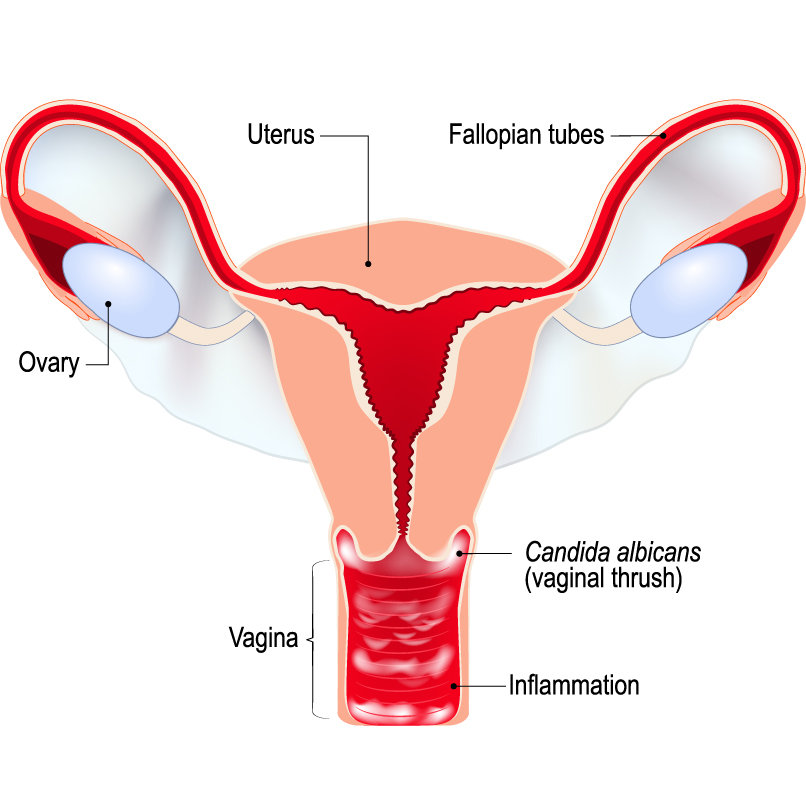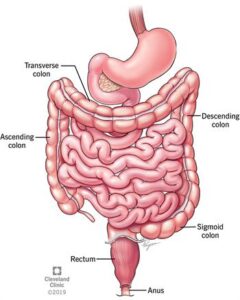Vaginal problems can be a source of discomfort and embarrassment for many women. These issues can range from minor irritations to more serious conditions that require medical attention. In this article, we will discuss some of the most common vaginal problems and their causes, symptoms, and treatment options.
- Yeast Infections: Yeast infections are a common vaginal problem caused by an overgrowth of the fungus Candida. Symptoms may include itching, burning, and a thick, white discharge. Yeast infections can be treated with antifungal medications such as creams, suppositories, or oral medication.
- Bacterial Vaginosis: Bacterial vaginosis is a common vaginal infection caused by an overgrowth of bacteria in the vagina. Symptoms may include a fishy odor and a thin, grayish-white discharge. Treatment may include antibiotics, such as metronidazole or clindamycin.
- Sexually Transmitted Infections (STIs): Sexually transmitted infections, such as chlamydia, gonorrhea, and herpes, can cause vaginal symptoms. These may include pain, itching, and discharge. Treatment for STIs typically involves antibiotics or antiviral medication.
- Vulvodynia: Vulvodynia is a condition that causes chronic pain in the vulva, the external genital area. Symptoms may include burning, stinging, or rawness in the vulvar area. Treatment may include topical creams, nerve blocks, or physical therapy.
- Vaginal Atrophy: Vaginal atrophy is a common condition that occurs during menopause when the vaginal walls become thinner, drier, and less elastic. Symptoms may include vaginal dryness, itching, and pain during intercourse. Treatment may include estrogen therapy or vaginal moisturizers.
- Endometriosis: Endometriosis is a condition in which tissue that normally lines the uterus grows outside of it. Symptoms may include painful periods, pelvic pain, and pain during intercourse. Treatment may include pain medication, hormone therapy, or surgery.
- Vaginal Cancer: Vaginal cancer is a rare type of cancer that starts in the cells of the vagina. Symptoms may include vaginal bleeding, discharge, and pain during intercourse. Treatment may include surgery, radiation therapy, or chemotherapy.
It is important to note that some vaginal problems may not have obvious symptoms, and regular gynecological check-ups are essential to maintaining vaginal health. Additionally, practicing good hygiene, using condoms during sexual activity, and avoiding douching can help prevent many vaginal problems.
In conclusion, vaginal problems can be a source of discomfort and embarrassment, but they are common and treatable. If you are experiencing vaginal symptoms, it is important to speak with your healthcare provider to determine the cause and appropriate treatment.





